When it comes to household chores, Borax is a favorite among many housekeepers. Borax is used in the Garden as a cleaning agent or even as a repellent to chase away those pesky, annoying ants.
The uses of borax do not just end here. It can be effectively used in your garden because of various beneficial effects it has on crop output as well as plants.
Borox or Sodium tetraborate is actually a white acidic salt. It was first mined by Persians approximately 4,000 years ago.
It consists of substances such as sodium, oxygen, water, and boron. Since boron was popularly used in washing detergents during the 1950s; it was believed to be toxic, and this belief still lingers.
However, this is far from the truth. Boron is neither toxic nor harmful to the human body. Boron is a fundamental trace mineral that plays an effective role in the rebuilding of teeth and bones.
It also acts as a hormone regulator and helps in the absorption and metabolization of phosphorus, calcium, and magnesium.
Boron is naturally present in soil and water and helps plant growth. A healthy and balanced diet with a proper intake of fruits and vegetables will provide you with 2 to 5 mg of boron per day.
Borax is not just a natural cleaner and laundry booster but also a preservative in makeup products. While it may be harmful in large quantities, handling it with precision and care in your garden can lead to weed-free, bug-free, and fungus-free plants and crops.
Do Not Confuse Borax with Boric Acid
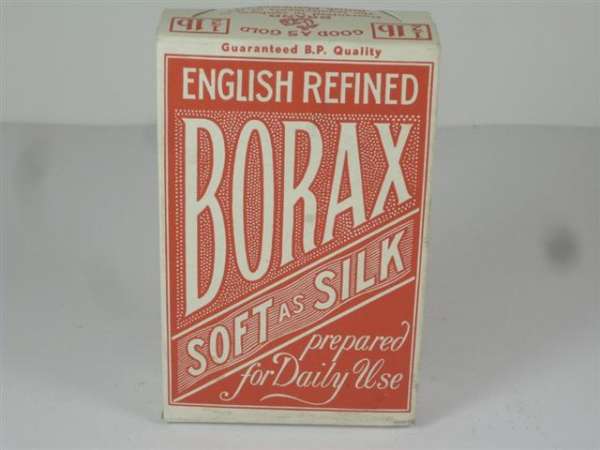
Borax and boric acid are very different things with very different chemical formulas. A small amount of borax is used in making boric acid, however, boric acid is in no way used in borax.
Boric acid is harmful and toxic for human and animal consumption. Most studies on borax revealed that the researchers were ambiguous about which borax was used.
Where will you find Borax?
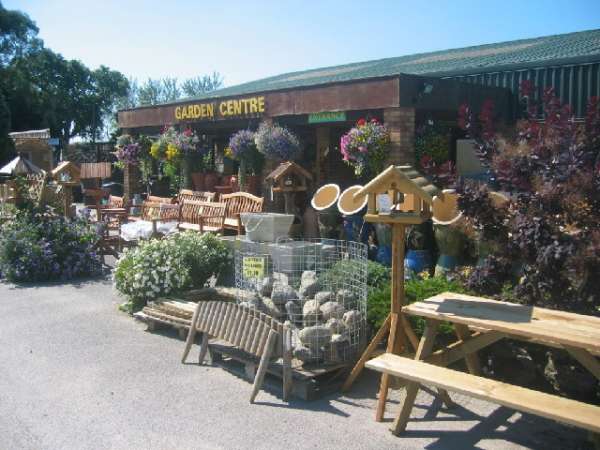
You can easily find Borax at local grocery stores and garden centers. It is an organic way to kill pests, fungus, and bugs.
Various Uses of Borax
Here is a list of various uses of Borax for gardening purposes:
Strengthen Your Soil with Borax
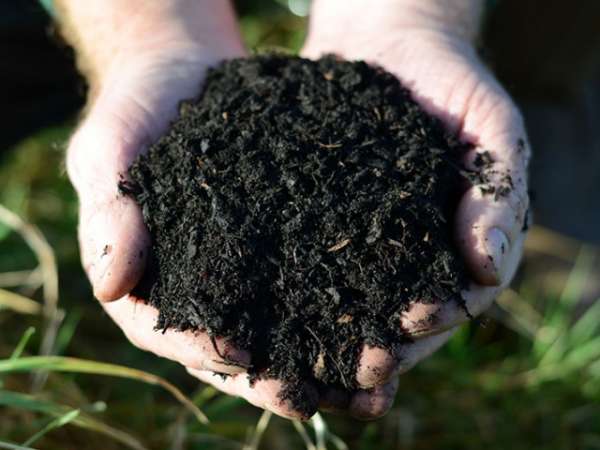
Soil mismanagement, overuse of synthetic fertilizers, and chemical sprays, all lead to soil deficient in natural minerals and nutrients.
In such cases, nutrients, such as boron easily become deficient as they are present in the soil in trace amounts.
Dead leaves, stunted root growth, and poor pollen vitality are some of the signs that indicate the soil is deficient in boron.
Vegetables such as broccoli and cauliflower require boron to grow healthily. Brown cauliflower heads and hollow broccoli stems are also signs of boron deficiency.
Most gardeners provide nutrients to the plants through fertilizers. Among other nutrients, boron is also present in the fertilizer as a micronutrient. Adding Borax to your soil can cure a boron deficiency.
For more information on how to take care of your soil properly, Wayne Lewis’ Teaming with Microbes: The Organic Gardener’s Guide to the Soil Food Web, Revised Edition, is a good read.
Another helpful way to learn, especially for beginners, is to check out this article, Free Vegetable Garden Layout, Plans, and Planting Guides
As a Dry Fertilizer
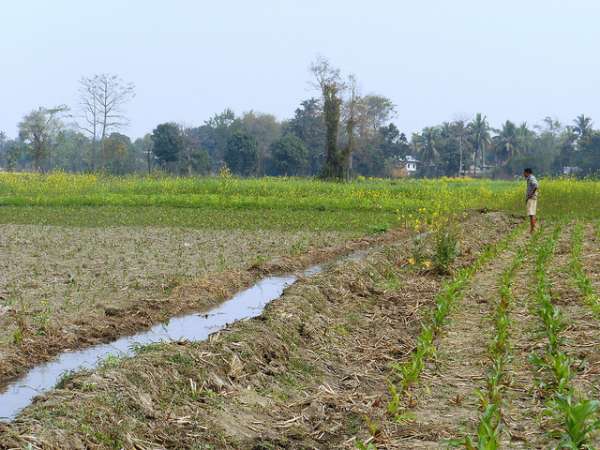
You need to be careful about the dosage when using borax as a dry fertilizer. Overuse of borax can have toxic effects on your garden soil.
If you have a large garden space, about 6 tablespoons of Borax sprinkled evenly throughout the garden is enough.
Cultivate your land with very small amounts of borax to reap the full benefits once the product is ready.
As a Liquid Fertilizer
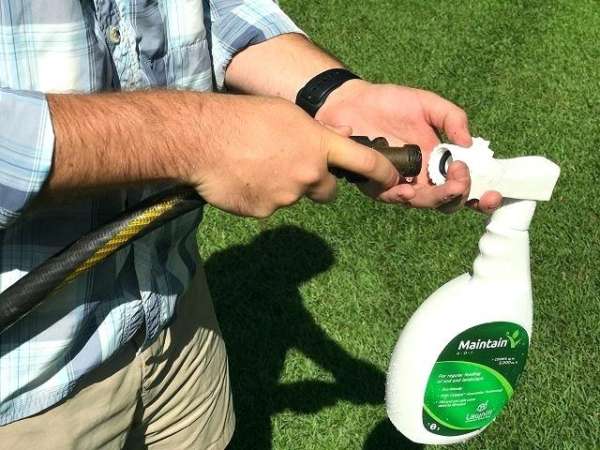
If you are uncomfortable using Borax as a dry fertilizer, you can always opt for liquid borax fertilizer.
Mix one part of boron with ten parts of water to get a wholesome liquid fertilizer mixture. Spray this mixture on your plants to get desirable results.
To make a more diluted solution, you can also mix a tablespoon of boron with three gallons of water.
If you are unsure of the use of boron in your garden, I would recommend that you start with a little area in your garden.
Select a small corner and spray it with boron. Once you are confident regarding your boron-use decision and see the improvement in your crop quality and plants, you can move ahead with the rest of the garden.
As a Foliar Spray
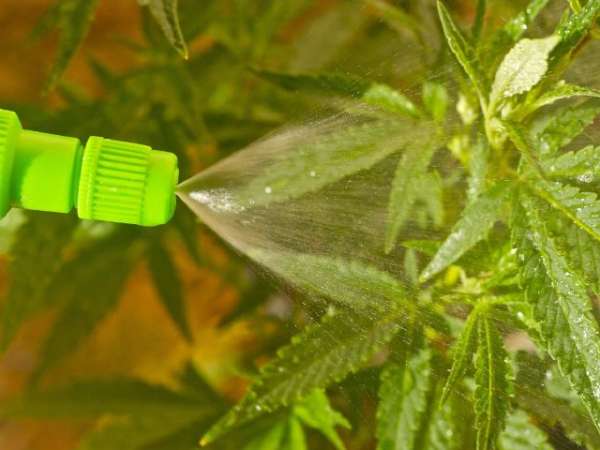
Plants can absorb essential nutrients through their leaves as well. You can use a much-diluted borax solution as a foliar spray.
To do this, take five gallons of water and add two ounces of borax.
Remember that you do not need to drench your plant leaves with this solution. Just spray sparingly and evenly. Bear in mind that a single boron application can last as long as three years.
Therefore, save the date of your application and wait for at least three years between applications.
An ideal sprayer would be Zep’s HDPRO36 Professional Sprayer Bottle, available in 32-ounce size.
Exterminate Ants
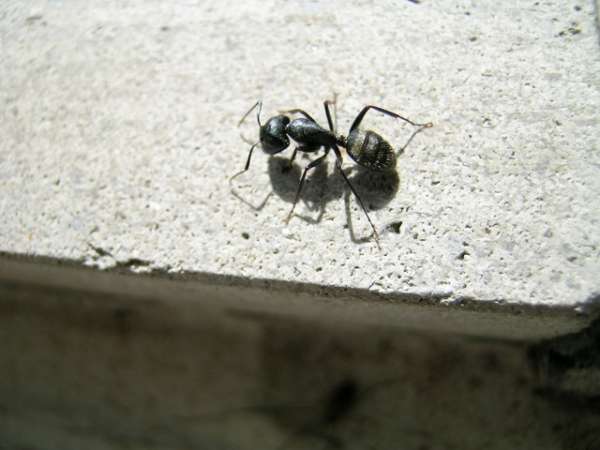
Once the ants realize that your garden is a free food territory, there is no stopping them! They get everywhere and, in turn, destroy the crops that you painstakingly grew.
Borax is a good way to do away with those pesky ants. You can use any of the following ways to set up ant traps using boraxClick To TweetMix the borax powder with the confectioner’s sugar. Add a little bit of water to make a paste. Strategically place this sticky paste away from your crops, and the ants will follow the lead. They will carry away this paste as food and leave your garden unharmed.
You can also use a mixture of maple syrup and borax in the ratio of 3:1 and place this liquid bait near the point where ants crawl into your garden.
Another way is to mix honey with borax in the same ratio as above and drop some liquid at the point on the ant trail. You will have an ant-free garden in no time.
For more information on how to get rid of garden pests, Fern Marshall Bradley’s The Organic Gardener’s Handbook of Natural Pest and Disease Control is a very good book to read.
Weed Control
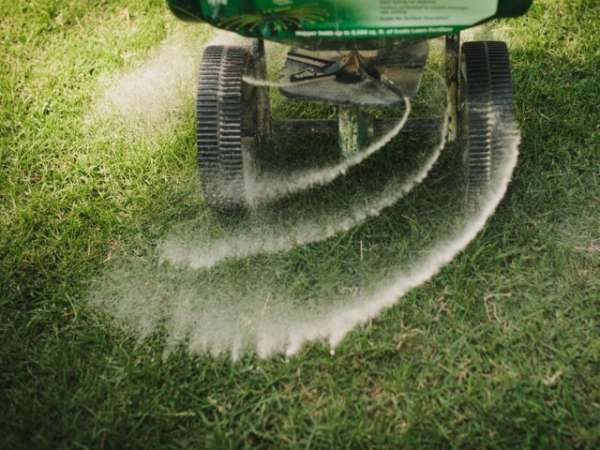
Weed is every gardener’s nightmare. Perennial weeds such as creeping Charlie or ground ivy not only choke grass but can also find their way toward the garden plants.
You can effectively control weeds by spraying your garden with a borax weed-killer solution.
To do this, add 10 ounces of borax to 4 ounces of warm water. Once borax completely dissolves in water, add this mixture to 2.5 gallons of normal tap water.
Transfer this liquid solution into a spray bottle and sprinkle evenly on the weed. This mixture is enough for about 1000 square feet of garden.
Avoid spraying on the leaves of plants you want to keep. Do not overuse; overdosage can cause borax poisoning, and your soil can become toxic.
Also, avoid direct contact with the skin; for best results, apply when rain is not in the forecast.
You can also sprinkle the dry borax powder over the weeds. It will work as a natural herbicide and kill them.
Be careful not to sprinkle it over your vegetable plants as it is not discriminatory and will kill any plant to which it is applied.
For a good reference book, check out Principles of Weed Control: 4th edition by Steven Fennimore.
Lynch-Green Fly over Roses
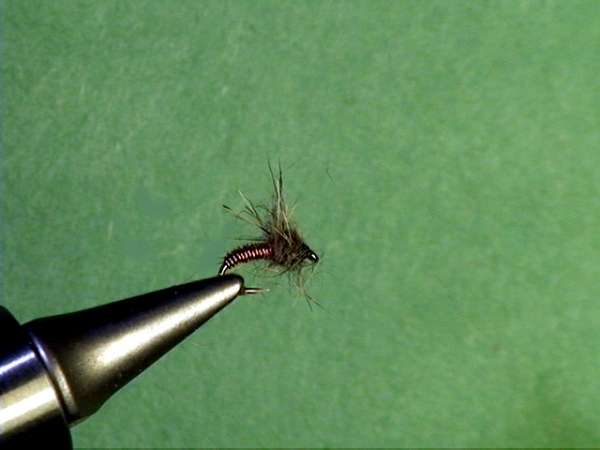
If you like growing roses and other flowers in your garden to enhance natural beauty, then you must have noticed green flies. They come on fragrant plants, especially roses, and can be annoying.
To get rid of these green flies, dissolve 25 grams of borax in a little warm water. Once borax is dissolved, add cold water to make a 600ml solution. Apply this insecticide solution to roses and other plants.
You can also apply it to the stems of fruit plants and other trees. This will help you get rid of insects in and around the bark.
If you’re not familiar with the insects that go around in your garden, check out Garden Insects of North America: The Ultimate Guide to Backyard Bugs – Second Edition
Cleaning
Borax is one of the best cleaning agents on the market shelves. It does not only clean your laundry; you can also use it to clean your gardening tools.
Removing Rust from Gardening Tools:
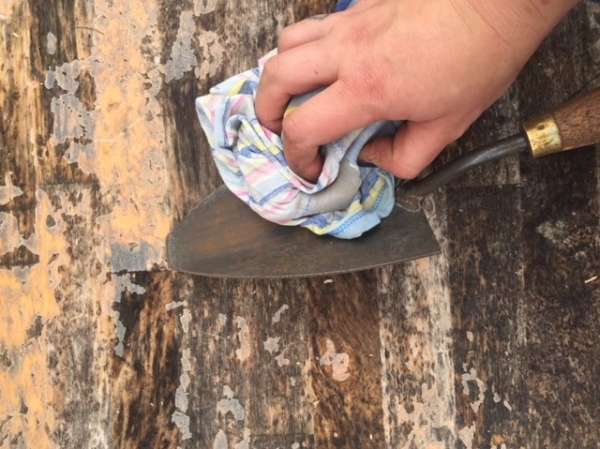
One of the most common issues that many gardeners face over the course of their gardening years is that their gardening tools gather rust.
Whenever you see rust build up on your gardening tools, all you need to have at hand is Borax and lemon juice.
Mix Borax with lemon juice to form a fine paste. Apply this paste to your rusting gardening tools and let them rest for approximately 30 minutes. Scrub your tools with a brush and repeat the process.
You will soon have rust-free, shiny tools that are as good as new!
Clean & Disinfect Gardening Tools:
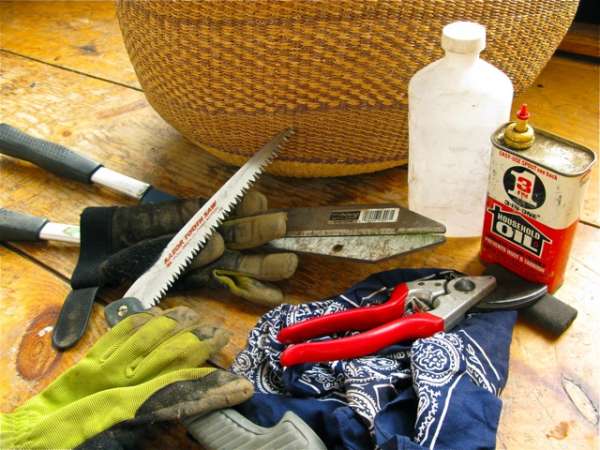
Once you have messed around in your garden and finished your gardening chores, you may want to disinfect and clean your gardening tools especially if you’re growing vegetable and fruit gardens. Borax will come in handy here.
Mix half a cup of Borax into a gallon of water. Let your tools soak in this liquid for a while. After some time, remove them from the solution, scrub, and rinse thoroughly with water.
Once clean, leave them out to dry in open air and sun. You can also disinfect and clean pots with this solution.
For a quick seed starting guide, check out Seed Starting Guide: Quick Tips for Starting Seeds Successfully.
Wash Dirty Gardening Gloves
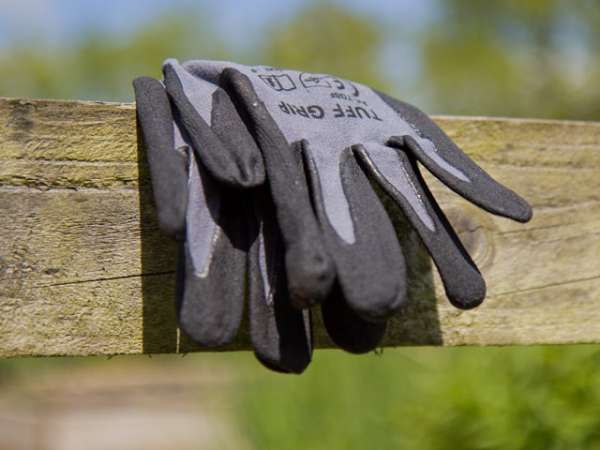
Gardening gloves get the toughest stains and are probably one of the hardest gardening essentials to clean.
Just soak dirty gloves in a solution with ¼ cup of Borax and a gallon of water. Let them soak for a while.
Borax is an excellent stain remover and will remove any stains present on your gloves. Take them out, rinse them, and hang them out to air dry. Your gloves will be as good as new.
Borax as a Natural Deodorizer
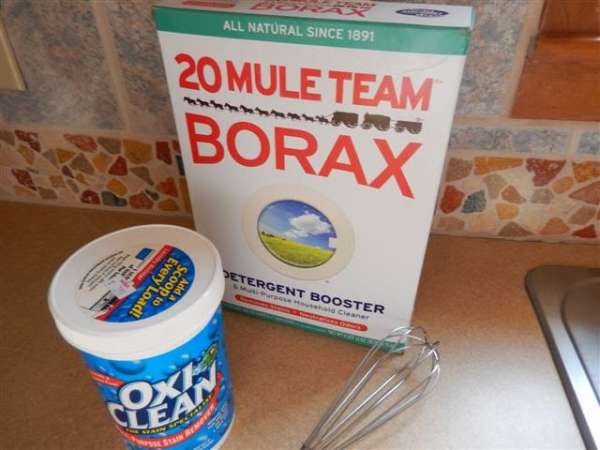
Mulch, fertilizers, and pesticides often leave an unwanted odor in and around our garden. Boron is a natural deodorizer, so use it to remove unwanted odors.
Augment Mineral Deficient Sandy Soil
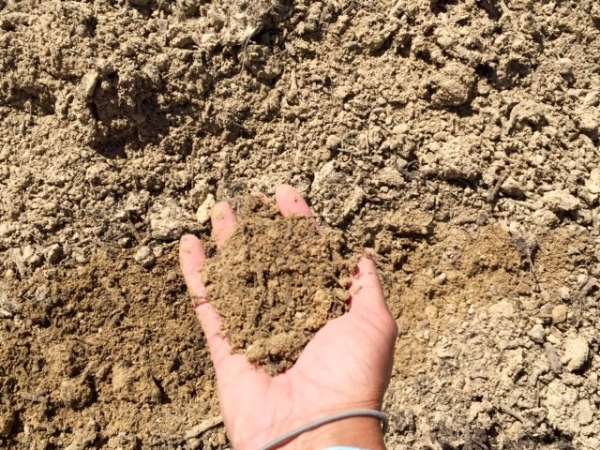
Sandy soil is especially deficient in mineral nutrients. If you have a large vegetable garden, about 1000 square feet, about 6 to 7 tablespoons of Borax dissolved in water is your answer.
Use this solution during cultivation to reap the most benefits. It is very beneficial for fruit trees such as apples. It not only provides nutrients but also helps in fighting off fruit pitting and rotting.
Do Away with Mice

Mice and rodents destroy vegetables and fruits and bring in several pathogens that are harmful to human health.
Sprinkle borax along the wall, as mice like to run along the wall but do not like to get borax on their feet. Thus, they will eventually leave your garden alone.
Preserve Flowers from your Garden
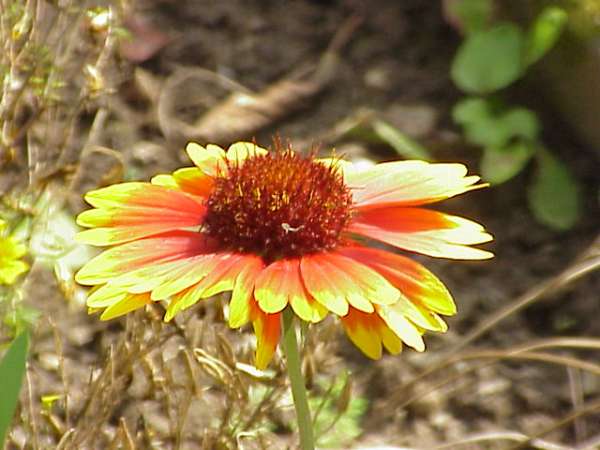
You can use borax to preserve flowers cut from your garden. Borax prevents wilting of flowers and leaves by removing moisture.
Add one part borax and two parts cornmeal in a box and preserve flowers in them.
Test your soil before applying the borax solution
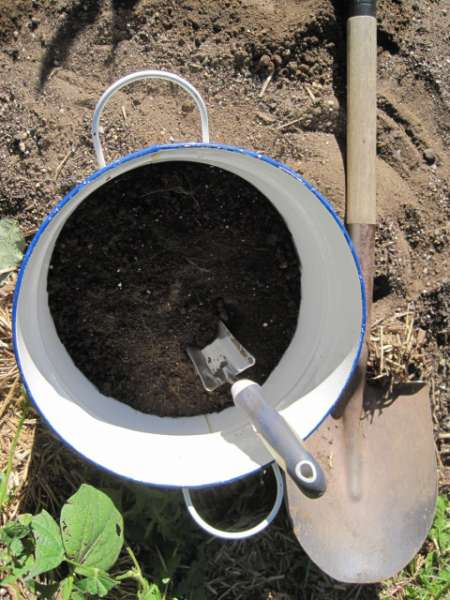
If your plant displays signs of stunted growth, dying growing tips, or low productivity, you should get your soil tested. These are the very signs that the soil is deficient in boron.
Some other signs include hollow stalks, black spots, and roots with dead areas. Vegetables and fruits such as strawberries, apples, cabbages, celery, broccoli, cauliflower, etc., require high amounts of boron for optimum productivity.
Therefore, the borax application will boost their production and maintain the required levels of boron.
A Word of Warning
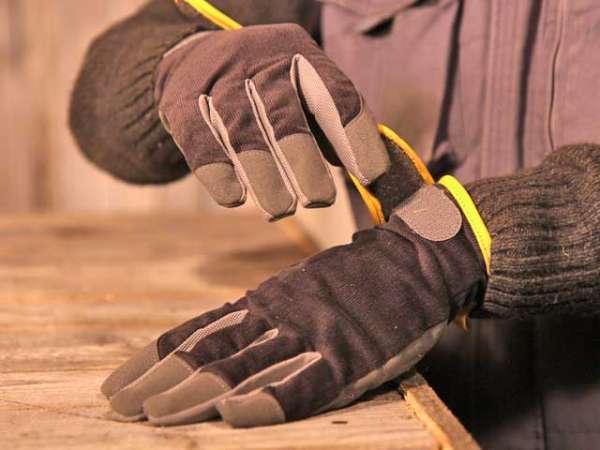
Although advantages of Borax far outweigh its disadvantages, I would still recommend that you use it wisely and carefully.
Borax is a natural product, but consuming large amounts of borax can be poisonous and even life-threatening.
It kills weeds, fungus, termites and eliminates unwanted bugs, thus making it an excellent gardening tool. However, always try to wear gloves and other safety gear while using Borax and keep it out of reach of children.
Further, Borax is poisonous to dogs and cats. When ingested, it can cause stomach upset and, in high doses, can even cause kidney injury. It is recommended to avoid all sorts of exposure to Borax, including sniffing, licking, and ingestion. If you have more questions, you can consult a veterinarian.
And with regards to storing Borax, you must keep them in a dry environment. If exposed to humidity, it will crystallize and harden. People living in humid places should store their borax in sealed containers along with a desiccant like a silica gel packet.
P.S: If you want tips on successful gardening, be sure to check out 27 Tips for Beginner Vegetable Gardeners

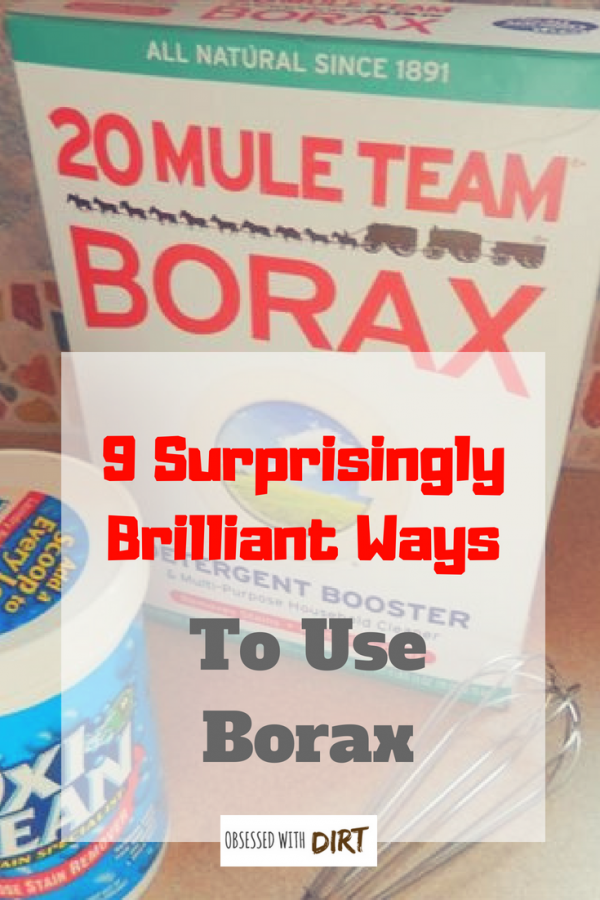
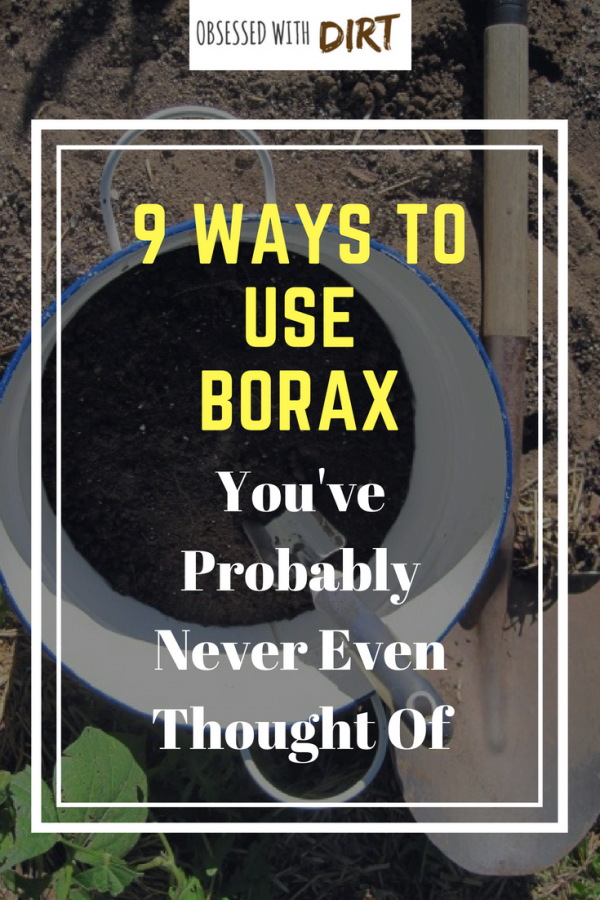
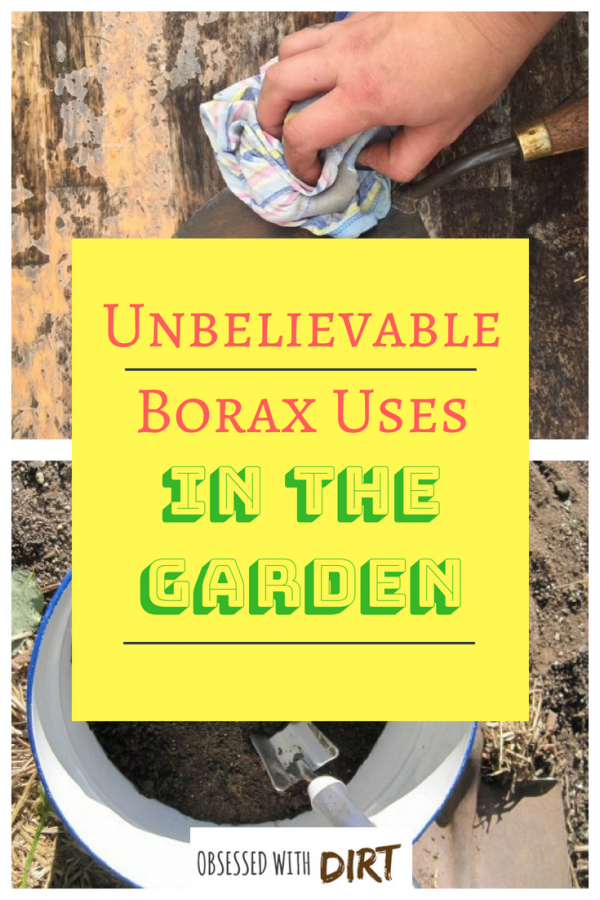
- Everything You Wanted to Know About Red Tamarillos - June 2, 2025
- A Guide to Tulips: Everything You Need to Know & More… - June 2, 2025
- Guanabana: Description, Flavor, Benefits, And Uses - May 27, 2025

2 thoughts on “9 Surprising Borax Uses in the Garden”
Comments are closed.